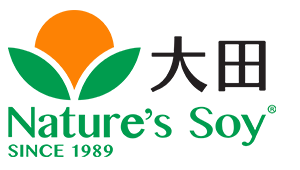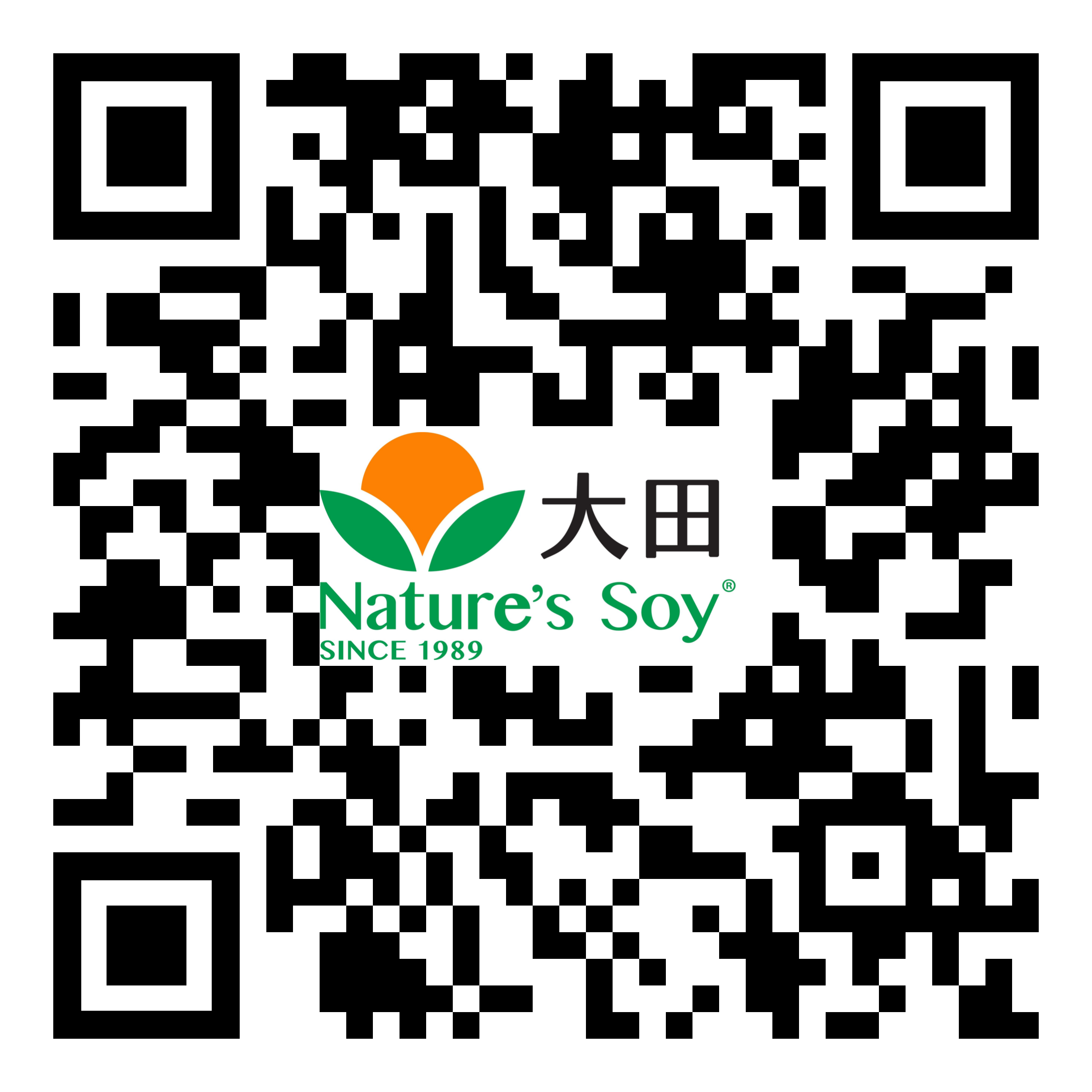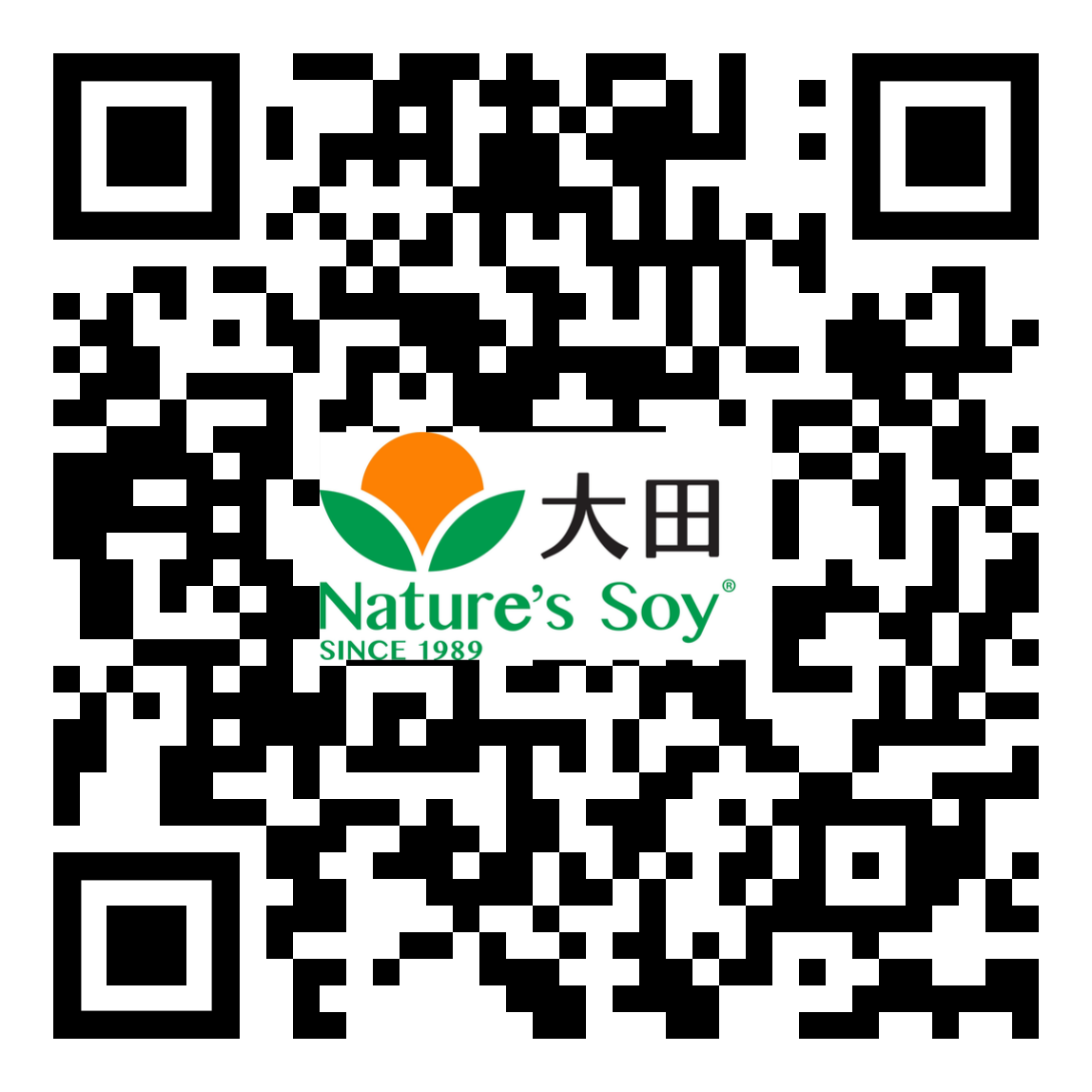Soy Myths
Soy foods are a staple in Asian cuisine with recipes that stem from traditional and authentic practices. In addition, soy has been consumed by health-conscious individuals in Western countries for decades. Packed with various nutrients, soy is considered be to the ‘original plant-protein’ that contains all 9 of the essential amino acids. Since research suggests that soy products can offer health benefits and nutrients, it has increased the interest in plant-based diets. Although soy has been around since 1100 BC and has adapted well in mainstream American cuisine, there are still misconceptions and myths surrounding soy and various soy foods.
A few common Soy Myths include: Eating Soy Increases the Risk of Breast Cancer, Eating Soy as a Protein Replacement Does not Provide Enough Protein and Soy Reduces Testosterone Levels and Causes Feminization in Men. To understand these myths, we will dive deeper into the facts and research that counter the various myths.
Eating Soy Increases Breast Cancer
The compounds in soybeans are called isoflavones which are phytoestrogens: plant compounds that act like estrogen in some parts of the body. The concern is that breast cancer risk and growth increases when estrogens are present, however phytoestrogens are not the same as hormone estrogen. Multiple studies have shown no association between soy and breast cancer, and some suggest it may protect against it (The University of Arizona, 2018).
In addition, a meta-analysis of five prospective studies, two from the United States and three from China, involving over 11,000 women with breast cancer, found soy consumption after a diagnosis of breast cancer was associated with reductions in both breast cancer recurrence. Both the American Cancer Society 127 and the American Institute for Cancer Research 128 have concluded that soy foods can be safely consumed by breast cancer patients (Messina, 2016).
FACTS ABOUT ISOFLAVONES
Isoflavones are one of five chemical classes of anticarcinogens found in soy
Soy foods are the only significant natural dietary source of isoflavones
Research shows isoflavones may prevent the onset of osteoporosis and may protect against various forms of cancer (Soy Connection By the United Soybean Board, n.d.)
Ease menopause symptoms (Consumer Health Digest, 2021)
Reduce LDL cholesterol levels (Taku et al., 2007)
Eating Soy as a Protein Replacement Does not Provide Enough Protein
Soy Contains all 9 Essential Amino Acids.
Soybeans are naturally low in carbohydrates and provide a good source of fiber.
Soy is a cholesterol free food which makes it a great heart-healthy plant-based alternative to meat. While red meat can be difficult to digest, soy protein has a digestibility score of 1.0 making it an easily digestible plant-protein comparable to egg whites (Nutritional Doublethink, n.d).
One serving of Nature’s Soy Unsweetened Soymilk provides 7 grams of protein and one serving of Nature’s Soy Firm Tofu provides 9 grams of protein.
Tofu as a soy food provides a good source of calcium.
Soy Reduces Testosterone Levels and Causes Feminization in Men
This myth originates from studies showing impaired ability to produce offspring in male rats who were given high doses of phytoestrogens. However, rodents metabolize soy isoflavones differently than we do and the results of the rat studies haven’t been duplicated in male humans.
A 2010 review in Fertility and Sterility and several other clinical studies concluded that isoflavone-rich soy does not affect free testosterone levels or estrogen levels in men (Judith C. Thalheimer, 2014).
Other health benefits of soy foods include:
· lowered blood pressure
· improvements to blood vessels, (such as greater elasticity of artery walls)
· improved bone health
· protection against some cancers (including breast cancer)
· improved cognitive function and visual memory.
(Better Health Channel, n.d.)
All in all, when exposed to various myths on the internet, we need to refer to scientific research and reliable resources when forming our own decisions and opinions. Most research suggest that soy foods can safely be incorporated into our diets at a reasonable level of intake. For example: drinking a cup of soymilk per day or creating a dinner recipe with tofu. In contrast, there is an exception for those individuals who are allergic to soy protein that need to eliminate soy from their diet due to the risk of an allergic reaction.
To learn more about Soy and Soy Myths, please visit Soy Myths & Facts by Soy Connection and to keep up with Nature’s Soy, follow us on Facebook & Instagram!
References
Arnarson, A. (2019, March 20). Soybeans 101: Nutrition Facts and Health Effects. Retrieved from Healthline: https://www.healthline.com/nutrition/foods/soybeans#nutrition
Better Health Channel. (n.d.). Soybeans and soy foods. Retrieved from Better Health Channel: https://www.betterhealth.vic.gov.au/health/healthyliving/soybeans
Consumer Health Digest. (2021, June 14). Soy Isoflavones: Information, Directons, Side Effects . Retrieved from https://www.consumerhealthdigest.com/menopause-center/soy-isoflavones-menopause
Judith C. Thalheimer, R. L. (2014, April). The Top 5 Soy Myths, Vol 15, NO.4, P 52. Retrieved from Today's Dietitian-The Magazine for Nutrition Professionals: https://www.todaysdietitian.com/newarchives/040114p52.shtml
Messina, M. (2016, December 24). Soy and Health Update: Evaluation of the Clinical and Epidemiologic Literature. Nutrients, 754.
Nutritional Doublethink. (n.d.). Digestibility of Proteins. Retrieved from Nutritional Doublethink: https://www.nutritionaldoublethink.com/protein-digestibility.html
Soy Connection By the United Soybean Board . (n.d.). Soy Myths & Facts. Retrieved from Soy Connection By the United Soybean Board : https://www.soyconnection.com/soy-information-health-professionals/soy-myths-facts
Taku et al., Am. J. Clin. Nutr., 2007, 85:1148-1156.
The University of Arizona . (2018, August 9). 3 Soy Myths Debunked. Retrieved from The University of Arizona : https://nutrition.arizona.edu/news/2018/08/3-soy-myths-debunked







